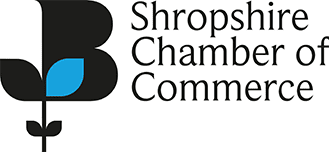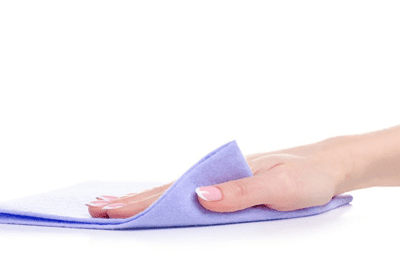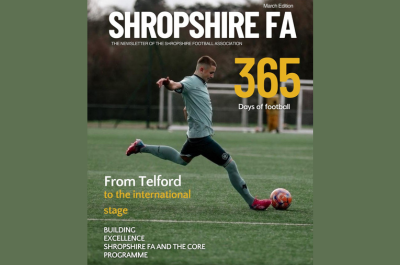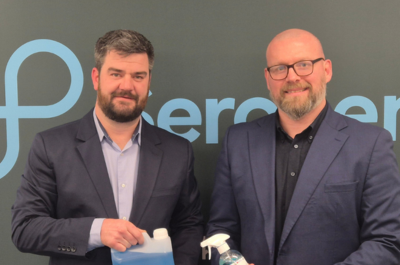On Monday morning (6th December) the BBC interviewed Prof. Paul Hunter, an expert in infectious diseases from the University of East Anglia. He told the BBC that the Omicron variant is likely to be the UK’s dominant Covid variant within weeks.
He went on to say that “I think this virus is around [and] going to be around forever,” and that in fact “The last time we had a big coronavirus outbreak we think was 130 years ago and that virus is still circulating, we get infected with it fairly regularly, every three to six years, and it basically just causes the common cold.”
Prof. Hunter when on to predict “That is likely the way that this pandemic is going, so we will be repeatedly infected with Covid, we will be repeatedly infected with new variants, but by and large, they’ll just be another cause of the common cold.”
Fingers crossed we get to the stage that our immunity is such that Covid is no more serious to most of the population than the common cold. However, getting to this point will be a hard-fought battle, with the public in the meantime needing to maintain their Covid routines of: –
Home testing,
Hand washing/sanitizing,
Wearing masks in crowded areas
Having a through flow of air where possible
Meeting outside (not so easy in the winter!)
Maintaining these behaviours becomes harder over time, especially when we’ve been so close to normal life. The hand sanitizers aren’t topped up as regularly and they tend to fade into the background; the draught from an open window is more noticeable and meeting outside a lot less appealing in the wind and rain.
The most effective methods going forward to break the cycle of hand-surface-hand microbial transfer are those that are unobtrusive and require as little effort from the public as possible – which is where antimicrobial nano-coatings have a role to play.
As is so often the case, nature demonstrates a solution. In this case, the wings of the Cicada insect, which show how a surface can become antimicrobial and therefore self-disinfecting. Their wings have microscopic spikes that defend against any bacteria they encounter; the spikes kill the bacteria by puncturing the outer cell wall, causing the bacteria to die instantly.
In essence, and by coincidence, this performance is reflected by Liquid Guard® antimicrobial nano-coating. Developed through nanoscale engineering, using SiO2 as a base, attached to an anti-microbial active , the molecular structure forms a carpet of nanoscale spikes on treated surfaces.
These engineered spikes act in the same way as those on the Cicada’s wings, rupturing the microbe’s outer wall causing instant death, preventing replication, mutation and transfer to another surface or person.
While the concept is easy to understand, there will always be concerns over the effectiveness of the technology, which is understandable – as it appears too impressive to be true. Therefore, extensive testing was carried out on common household microbes before launching the product in 2019. More recently, and due to Covid, testing has been carried out on SARS CoV 2, H1N1 and TGEV – coronavirus, all of which have demonstrated the coating’s full kill performance against this range of viruses. As the Omicron variant of Covid is of the same enveloped structure as all the other strains, there is no reason why Liquid Guard wouldn’t be effective against it – the cell structure is still vulnerable to being pierced, causing instant eradication.
Any treated surface will still require cleaning to remove dust, dirt, and debris, but there is no need for harsh chemical cleaners in order to maintain the surface’s effectiveness. To support Liquid Guard’s long-term anti-microbial activity, early product testing ensured that surfaces retain their performance after regular cleaning with abrasion resistance testing to many thousands of wipe cycles. Results have demonstrated high levels of antimicrobial activity after the equivalent of years’ worth of wipe abrasion.
The coating is simple to apply, either by hand or fogging, and can be carried out as part of a regular Covid deep clean. Reapplication is advised after twelve months.
The coating is unobtrusive as it’s invisible, will not change the optical values of surfaces, and requires no conscious sanitising effort by occupants, clients and employees – whilst they can’t avoid benefitting from its’ background performance. So, irrespective of feelings towards the latest Covid measures, Liquid Guard helps everyone prevent the hand-surface-hand transfer of coughs, colds and Covid, in the hope that we may be able to enjoy a near-normal Christmas.












Latest News